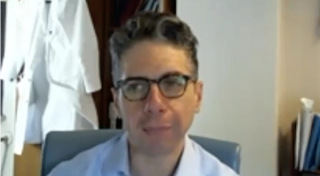
Oncology
Latest News
Latest Videos

CME Content
More News

Diane M. Simeone, MD highlights the importance of multidisciplinary care, surgical practices, and early detection in pancreatic cancer care.

Findings from a study raise concerns for the outcomes of individuals who experience an adverse financial event prior to a cancer diagnosis.

The FDA set a Prescription Drug User Fee Act date of June 15, 2024 for repotrectinib as a treatment for those with advanced or metastatic solid tumors harboring an NTRK gene fusion.

A 77% increase in the risk of developing cancer by 2050 was determined by the World Health Organization in a recent survey.

FDA initiatives such as the Food and Drug Omnibus Reform Act will set goals and specify measures for improving representation in pediatric cancer clinical studies.

Starting April 1, 2024, Diane Simeone will be the new director of UCSD Moores Cancer Center.

Data from the phase 2 DESTINY-PanTumor02 trial support the supplemental biologics license application for trastuzumab deruxtecan as a treatment for those with metastatic HER2-positive solid tumors.

Therapies like yoga, music therapy, acupuncture, and natural health remedies have proven to be beneficial in mitigating anxiety and depression in adults with cancer, according to Linda E. Carlson, PhD, RPsych.

Patients with metastatic cancer who are receiving treatment at nonacademic or low-volume facilities appear more likely to receive end of life immunotherapy.

Cancer incidence appears to have increased from 2015 to 2019 across several disease types, including breast, pancreatic, and uterine cancers.

Findings from the phase 1b/3 IMscin001 study support the European Commission’s approval of subcutaneous atezolizumab as a treatment for lung cancer and other disease types.

Investigators indicate that ongoing efforts should focus on meeting the needs of adult cancer survivors with co-morbid substance use disorder, with an emphasis on prioritizing populations in which the disorder is highly present.

Findings from a secondary analysis of a phase 3 trial support stereotactic radiosurgery as a standard of care for those with brain metastases, although whole-brain radiotherapy may yield more local and distant control.

Plans have been put in place to launch a phase 1/2 study assessing NUV-1511 in a population of patients with advanced solid tumors.

It is crucial to ensure equitable access to high-quality survivorship care among lesbian, gay, and bisexual adolescent and young adult cancer survivors, according to Michael E. Roth, MD.
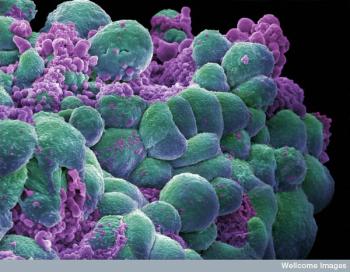
Neil M. Iyengar, MD, gives new directions and ideas as he begins his new position as co–editor-in-chief of ONCOLOGY.

Julie M. Vose, MD, MBA, looks back at 2023 on accomplishments and setbacks surrounding the heamtology/oncology space.

The on-body injector, pegfilgrastim-cbqv, has been approved by the FDA for patients who experience febrile neutropenia after chemotherapy.
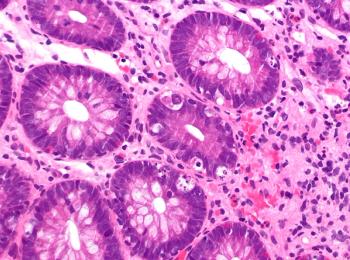
Belumosudil is the first therapy within England and Wales available for the treatment of patients 12 years and older who have previously undergone a minimum of 2 lines of systemic treatment.

During or after cancer treatment, patients may experience sexual dysfunction leading to a decrease in their quality of life.

After originally releasing the Medicare Prescription Drug Inflation Rebate Program in February 2023, CMS has issued changes which address ongoing drug shortages.
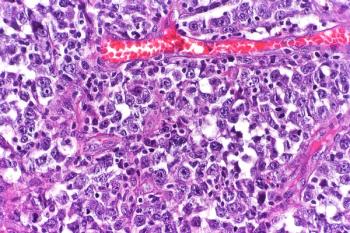
Minimal residual disease testing appears to be a valuable tool for predicting outcomes and potential relapse in patients with lymphoid malignancies.

Data from a meta-analysis may provide safety insights for future randomized clinical trials evaluating immune checkpoint blockade in the definitive setting for patients with cancer.
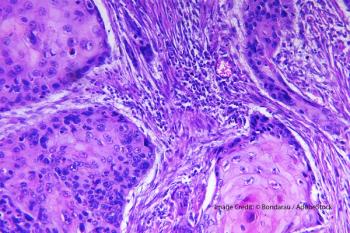
The FDA did not raise any concerns about the clinical data package, safety, or labeling for the approvability of cosibelimab for squamous cell carcinoma.

In a recent Hot Topics column, Mehmet Sitki Copur, MD, FACP, et al discussed the pros and cons of patients receiving test results early through electronic medical records.









